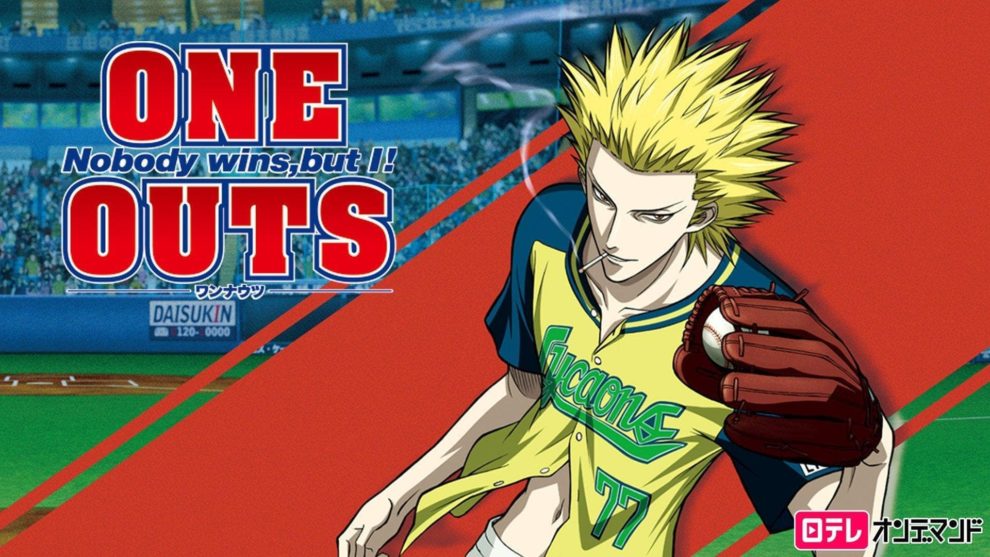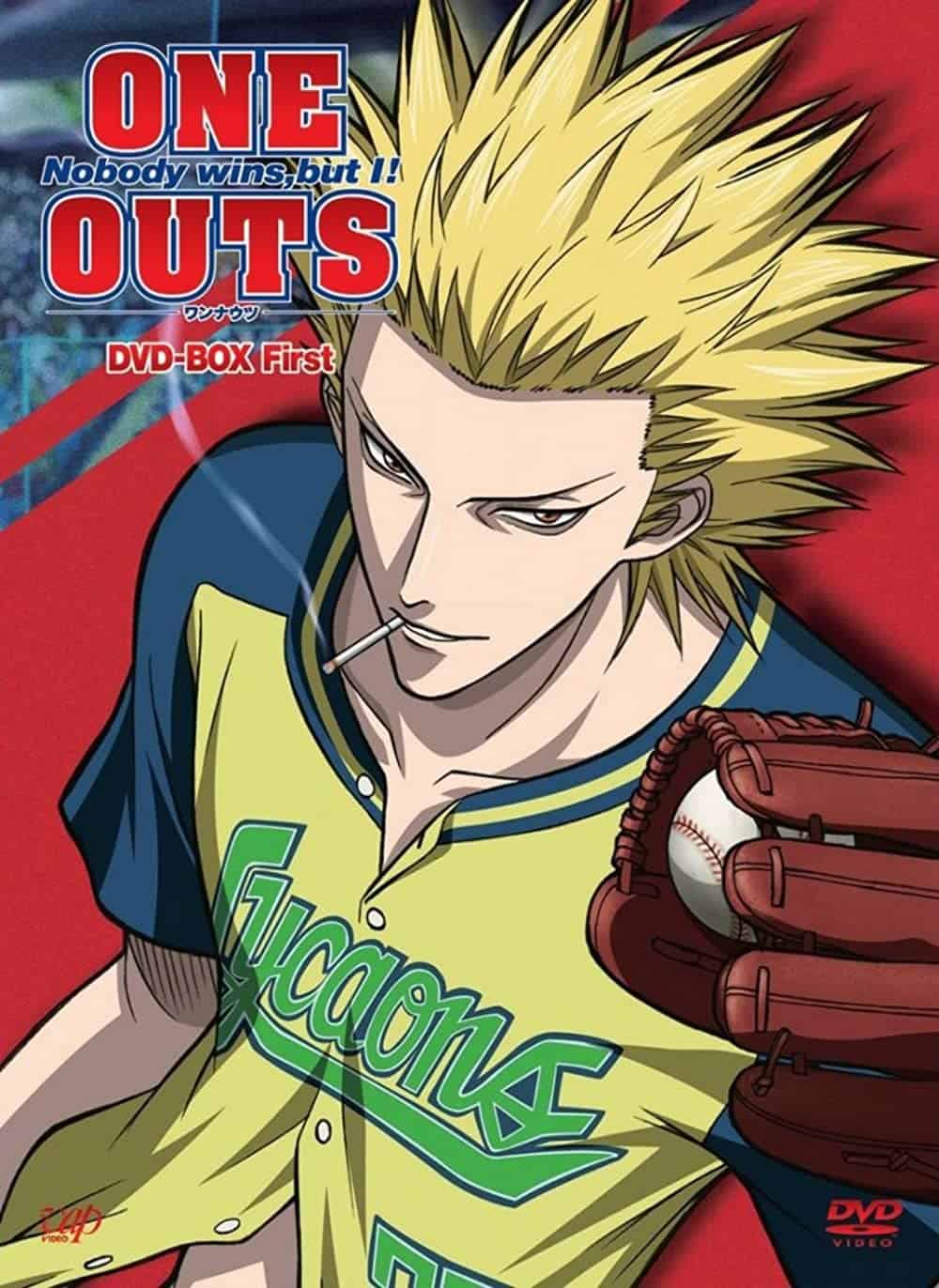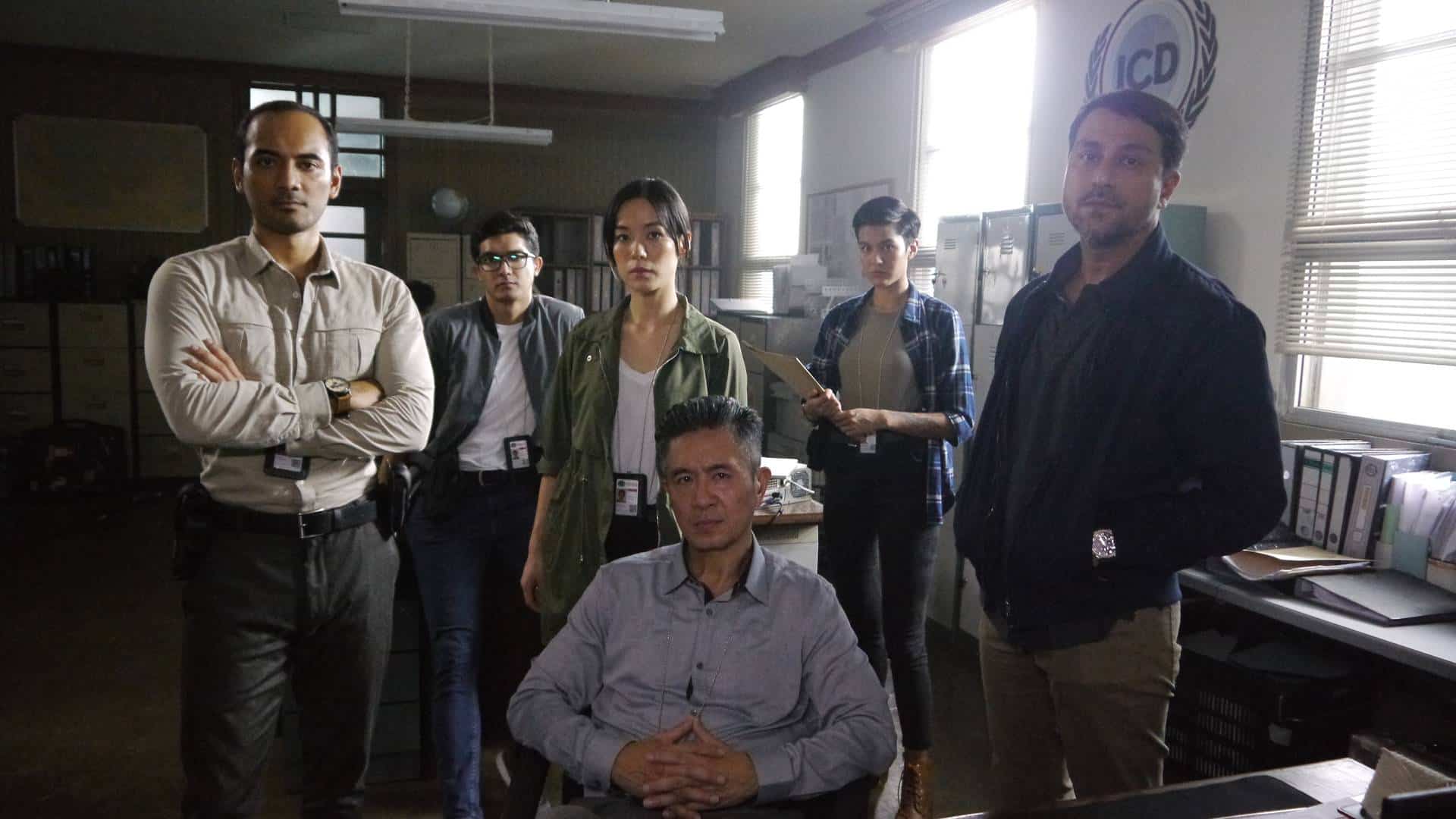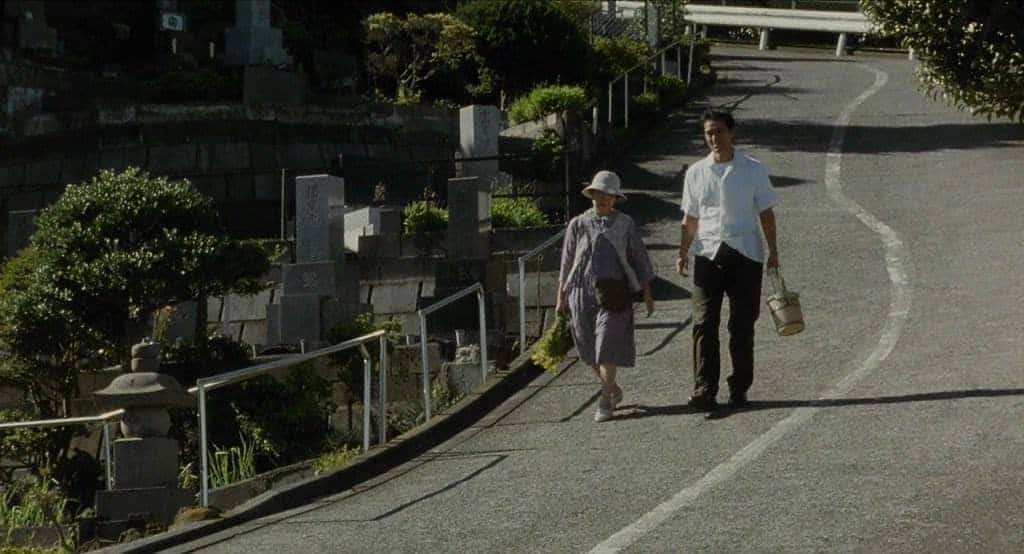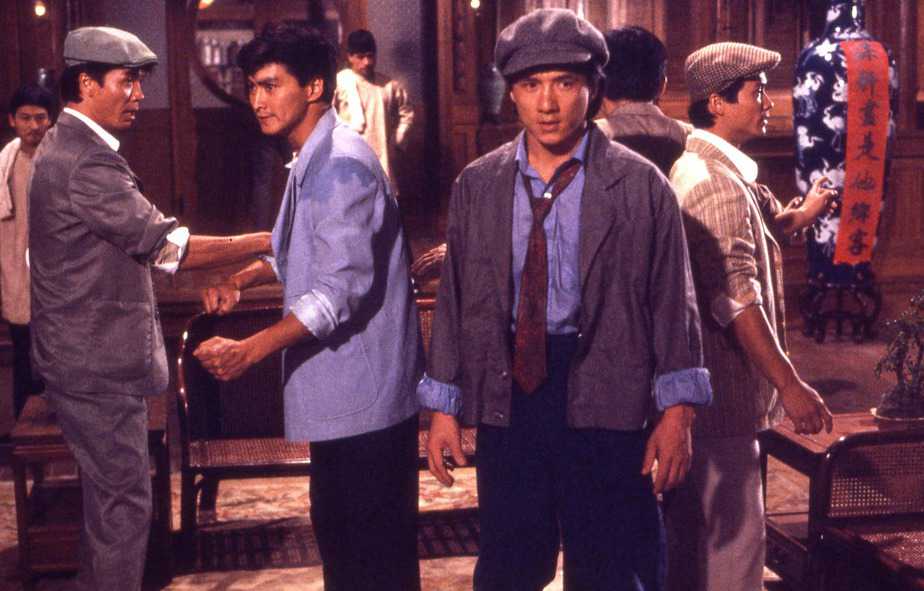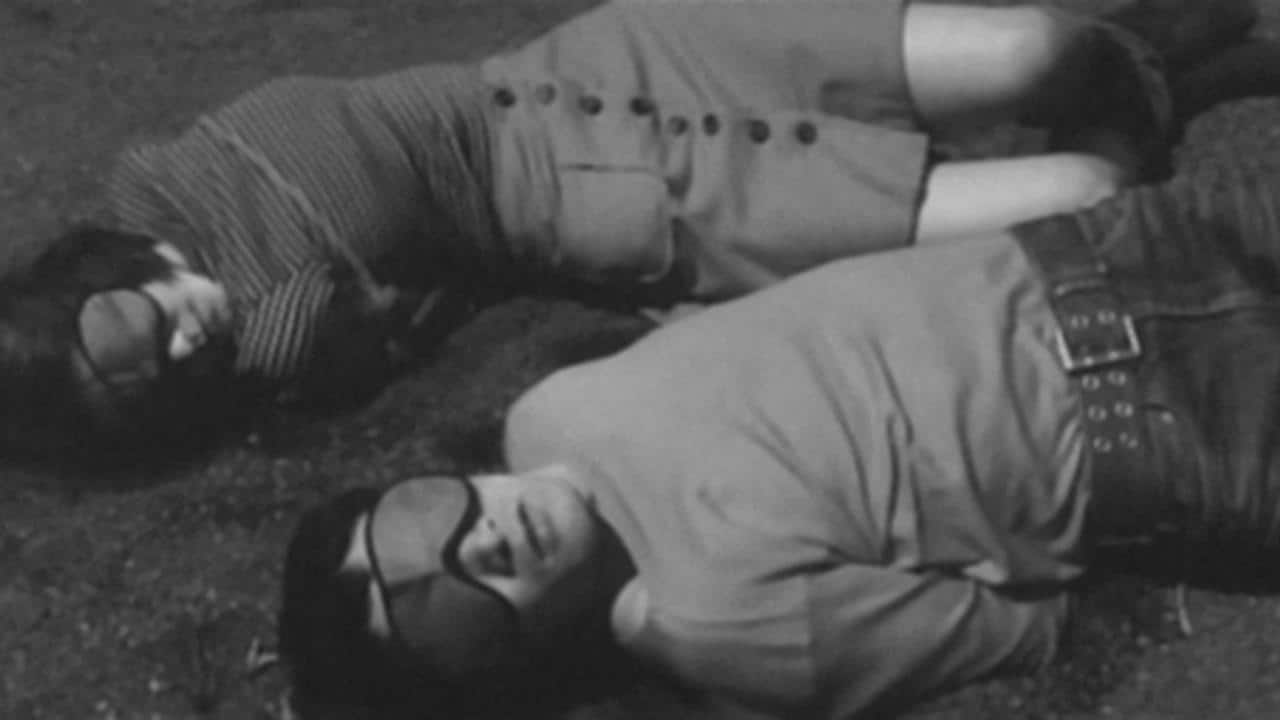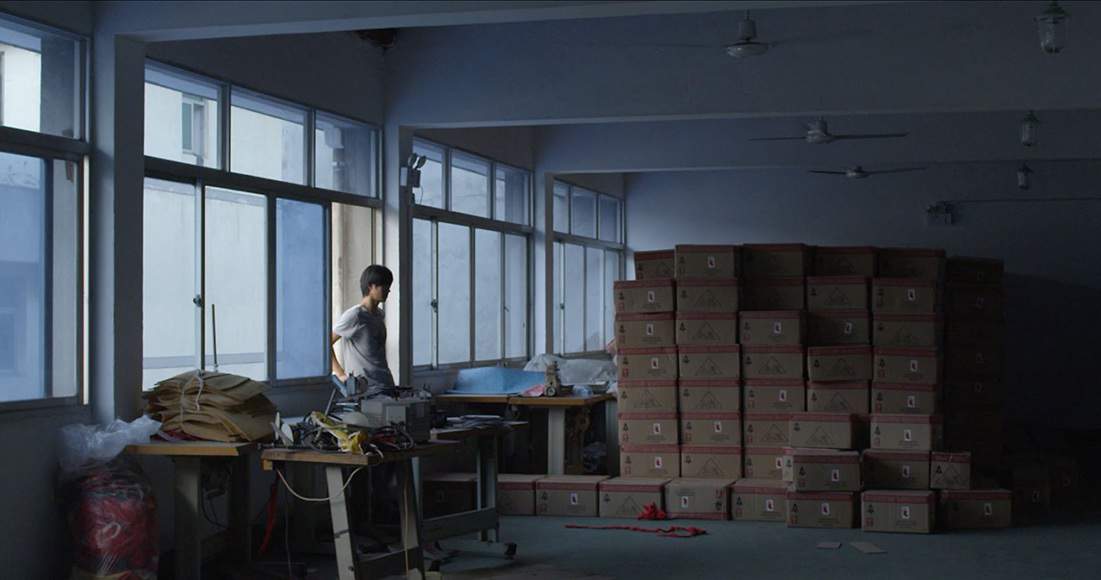Implementing the shonen approach to a sports basis is a tactic that has resulted in a number of great titles, from “Prince of Tennis” back in 2001 to the more recent “Haikyuu”. “One Outs”, based on the homonymous manga by Shinobu Katanai, implements this approach to the game of baseball, with equally excellent results.
Buy This Title
The Saitama Lycaons are the weakest team in the Japanese league. Hiromichi Kojima, the Lycaons' star batter and a veteran of the sport, forms a training camp in Okinawa to try for his last attempt at a championship after 21 years. When the minor league pitcher training with him becomes injured, the trainer of the camp takes with him to go look for a replacement, but runs into trouble by participating in the “One Outs” game, where a pitcher and batter duel 1-on-1 with money on the line. The next day, Kojima arrives to avenge his teammates and meets Toa Tokuchi, a 20-year-old who appears to have no special pitching skills, but defeats Kojima easily and causes him to enter seclusion to re-evaluate himself as a professional player. Later, Tokuchi accepts a rematch after Kojima raised the stakes, proclaiming he will retire immediately if he loses, but he will “take” Tokuchi's right arm to make sure he will never gamble on baseball again if he wins. This time, Tokuchi experiences his very first loss and offers Kojima his right arm to have it broken. Instead, Kojima tells him he never intended to break it, and asks Tokuchi to join the Lycaons and use his unique pitching ability to take the Lycaons to the championship.
Soon, Tokuchi meets Saikawa, the greedy owner of the Lycaons who only cares about the team making a profit. Saikawa is reluctant to give Tokuchi any sort of significant salary due to his inexperience as a professional, but Tokuchi offers an unusual proposal. He proposes the ‘One Outs contract', a performance-based pay where he gets 5,000,000 yen for every out he pitches, but loses ¥50,000,000 for every run he gives up. The newcomer's sudden appearance has everybody on edge, particularly since the young man shows no will to participate as a member of the group, instead standing apart in the dugout, even smoking while the game commences. Soon, however, the whole team realizes that Tokuchi was actually pretending, instead studying his opponents and coming up with the most ingenious tactics for the team to win. After a while, everyone starts listening to the rookie, but the challenges both the team and him (in the face of the owner) have to face become more and more intense.
The first thing one will notice in “One Outs” is how Yuzo Sato has implemented a series of concepts into the game, in order to make it more agonizing, and essentially to turn the field into a fighting arena. The first element is gambling, which begins in the one outs game in Okinawa, but continues through the battles of Tokuchi with Saikawa, who extend to another level, even outside the field. That the latter is quite cunning, willing to use any trick in the book to avoid paying more money, even including forcing his team to lose, results in a rather intriguing depth for the narrative, as Tokuchi has to face another enemy while on the field. At the same time, this aspect seems to be a comment on the way owners handle their teams, essentially caring only for making money and not the sport itself. Furthermore, the way the coach (nicknamed Fat Lips by Okuchi) is micromanaged (or even strictly ordered) by both player and owner, extends this aspect even more, resulting in a number of agonizing moments and a thorough portrait of another character, who finds himself being the pawn in a game of two higher powers.
The second element is the way the challenges Tokuchi and his team have to face change with each new opponent, with the difficulty level raising each time, and the protagonist having to implement new tactics in order to win. In that regard, the Eagles have bribed a player of the Lycaons, the Mariners have an extremely intelligent coach and a super athlete in the face of American Johnson (quite stereotypical here), while Blue Mars are extreme cheaters, as they utilize the whole stadium in order to gain illegal advantages over their opponents. The obstacles all the aforementioned put on Tokuchi and even more, the ways he finds to counter them and get on top, are probably the best asset of the series, which emerges as a rather intelligent one.
This aspect, and the way it shows how strategic a game of baseball can be also works great for the presentation of the sport itself, while Sato also takes care of highlighting how teamwork and the presence of a great leader can affect the results of a club. Granted, the last arc goes a bit too far with the tricks, but the general essence the anime leaves is quite good.
Lastly, that Tokuchi is a pitcher, with his abilities essentially having an impact only on defense, and not a batter, who would just score home runs, allow for all this complexity to unfold, as the protagonist has to find more strategic ways to win.
The animation by Madhouse is impressive once more, with the movement of the characters and the ball being presented in a way that makes even the most insignificant moment of the game impressive, and with an entertaining dramatization that definitely benefits the narrative. Tokuchi's design by Takahiro Umehara is also excellent, with him looking something between a cat and a demon, while always appearing ultra cool. Regarding the rest of the characters, who were handled by Masaki Hinata, Kunihiko Sakurai and Haruhito Takada, the titles shows its age. Although their faces and hair differ significantly, their bodies are almost all the same, thin and tall, with very few exceptions, something that becomes quite tiring after a point.
This however, is one of the very few faults of a series, that even now, more than 12 years after its initial screening, is quite a treat to watch and a definite binger.


